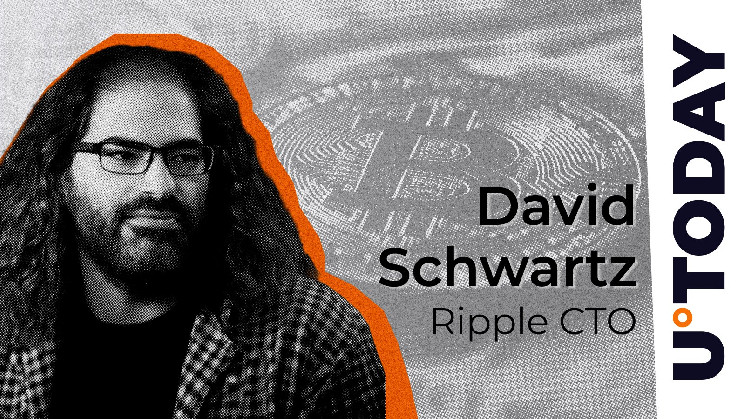David Schwartz, Ripple’s chief technology officer (CTO) and one of the creators of the XRP Ledger and XRP token has published a post in which he sent a critique at the Fed Reserve and its chairman for laying sanctions on United Texas Bank over its operations with cryptocurrency users.
This bank is a member of the Fed Reserve System and the Fed issued it with a “cease ad desist” order.
Fed takes dig at Texas bank
David Schwartz commented on an X post published by Dennis Porter, president and co-founder of Satoshi Action Fund. The latter shared a screenshot of a document that contains the Fed Reserve’s ruling about the United Texas Bank.
The part of the document shown on the screenshot states that an examination found “significant deficiencies related to foreign correspondent banking and virtual currency customers, specifically risk management and compliance with applicable laws, rules, and regulations relating to anti-money laundering (AML), including the Bank Secrecy Act.”
“When will it end?” Porter commented.
Ripple CTO bashes Fed for indirect regulation practice with crypto firms
Citing this tweet, the Ripple CTO disagreed with this method of the authorities trying to control the cryptocurrency industry, calling it indirect regulation. Schwartz stated that this is “an end-run around due process” and urged courts to put a stop to such things practiced by the Fed Reserve and other regulators.
Indirect regulation is an end-run around due process and courts need to put a stop to it. If the government wants to punish virtual currency companies, let it make a case against them. But when the government punishes your business partners for doing business with you, despite no… https://t.co/36wBqexJR0
— David "JoelKatz" Schwartz (@JoelKatz) September 6, 2024
Schwartz stated outright that should the US government decide to punish cryptocurrency companies, it should just make cases against them. However, the CTO continued, this way it is crypto companies’ business partners who get punished for doing business with them, while there is no direct action against crypto firms – crypto exchanges, etc.
This way, according to Schwartz, the government punishes digital currency companies by depriving them of future business relationships “without giving you any of the normal rights due process demands.”
In the meantime, Ripple continues to fight against the SEC in court, while many even in the US Congress already believe that the regulator and its boss Gary Gensler are exercising an excessive overreach of their powers. Still, after major wins celebrated by Ripple last year and in August 2024, the chances of the SEC making an appeal in this legal case have increased.
 u.today
u.today
